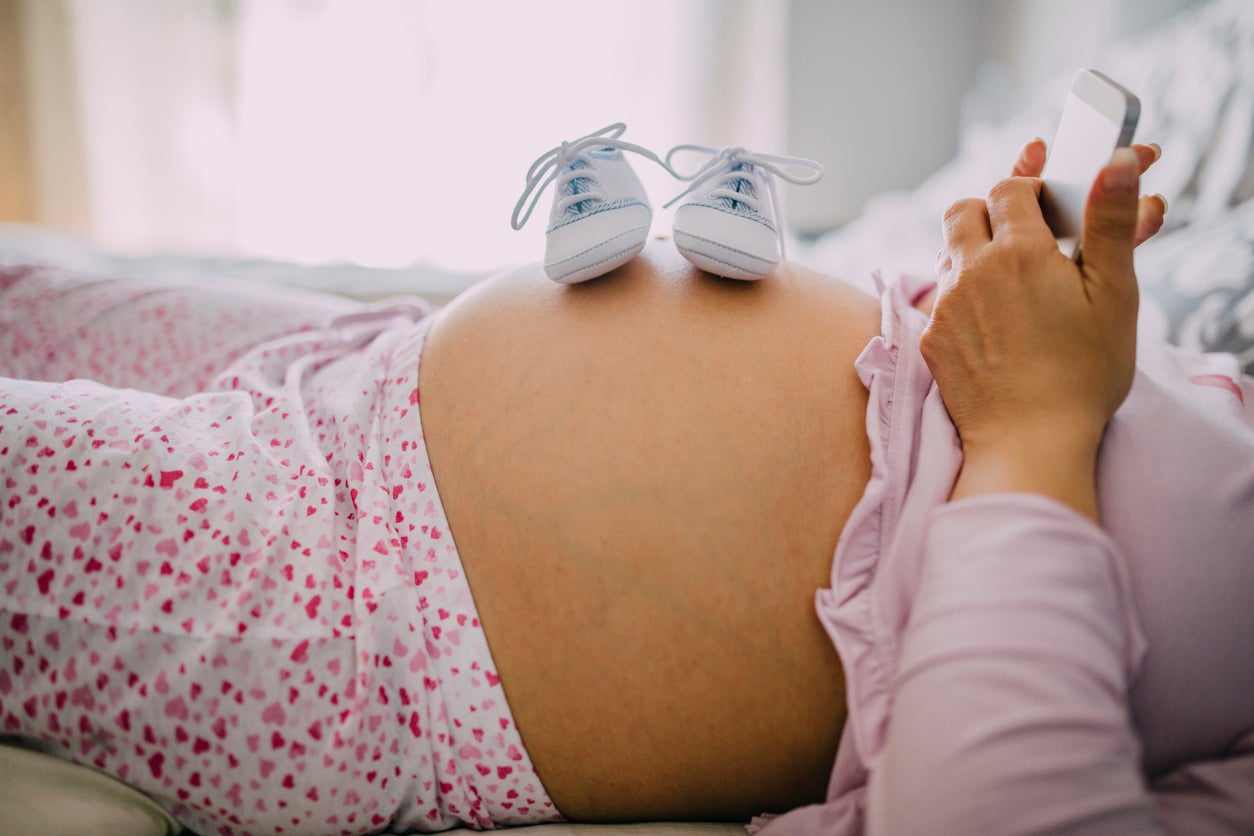Period-tracking apps are unreliable, study finds
They may be risky if you have irregular periods

There has been a lot of fuss around period-tracking apps over the last few years. The idea of being able to prevent getting pregnant without contraception sounded too good to be true.
You log your period data, and the apps supposedly then tell you when it’s safe to have sex at no risk of becoming pregnant (or when you should have sex if you’re trying to conceive).
But according to new research, these apps may not be as reliable as has previously been claimed.
A study from the University of Washington has concluded that menstrual cycle tracking apps often disappoint users with a lack of accuracy and assumptions about sexual identity or partners.
What’s more, women don’t appreciate the “emphasis on pink and flowery form over function and customisation.”
The researchers reached their conclusions in a survey of 687 people combined with data from 2,000 reviews of nine of the most popular period-tracking apps, including Clue, Eve, Glow, Period Tracker and Period Pad.
They found that none of the apps was faultless when it comes to accuracy and thus none is totally reliable.
“People didn’t feel like the apps were very good at supporting their particular needs or preferences,” said lead author Daniel Epstein, a doctoral student at the UW’s Paul G. Allen School of Computer Science & Engineering.
“People felt they were better than tracking their periods on paper, but still weren’t great in a lot of basic ways.”
As well as supposedly allowing women to stop using contraception, many of the apps are used to track different symptoms and simply check the regularity of periods. But they may not be fit for purpose.
“In some cases, you don’t have a way to go in [to the app] and say I missed my period because of x reason or because I was in the hospital - both ordinary and exceptional circumstances can screw up the algorithms because they’re not really robust,” said co-author and independent researcher Nikki Lee.
“The apps are most accurate if your cycles are really really regular, but the people who most need an app are the people whose cycles aren’t regular.”
Further complaints about the apps revolved around the sexist design which was often pink, the fact that they exclude transgender users and presume the user’s partner is a man.
Join our commenting forum
Join thought-provoking conversations, follow other Independent readers and see their replies
Comments
Bookmark popover
Removed from bookmarks